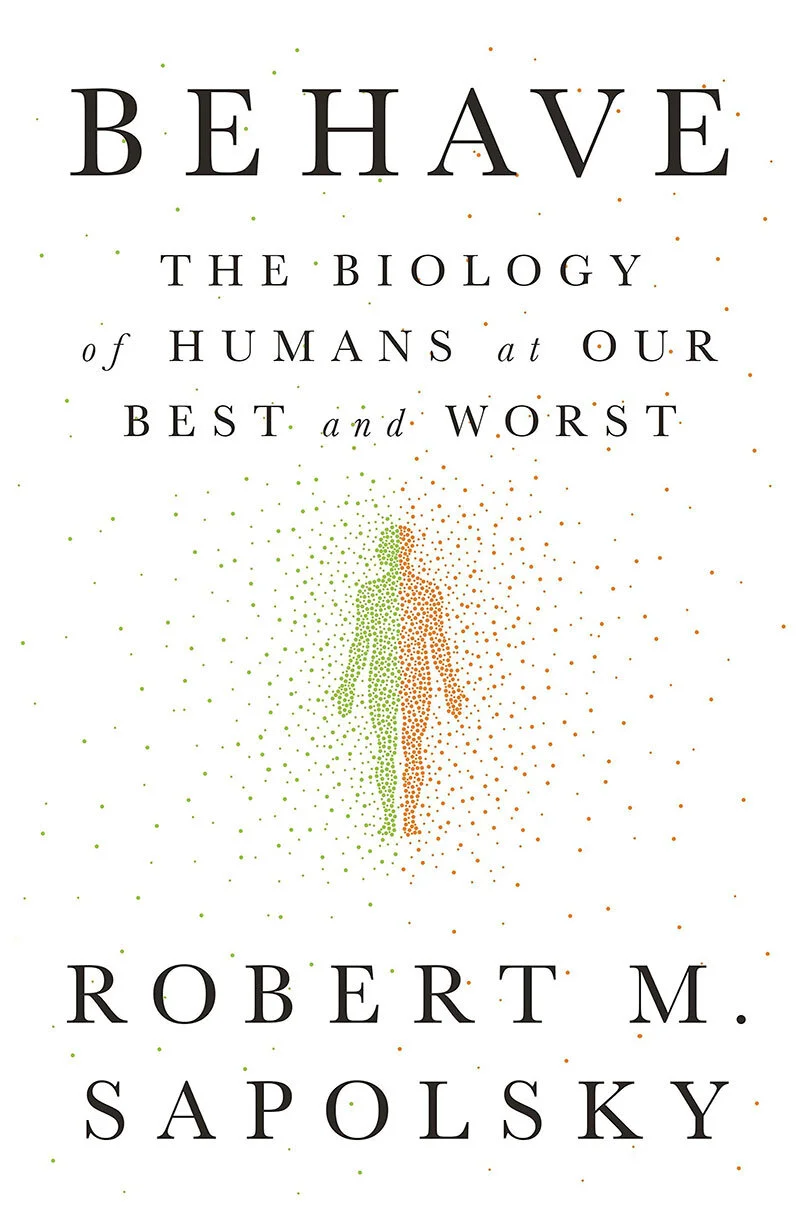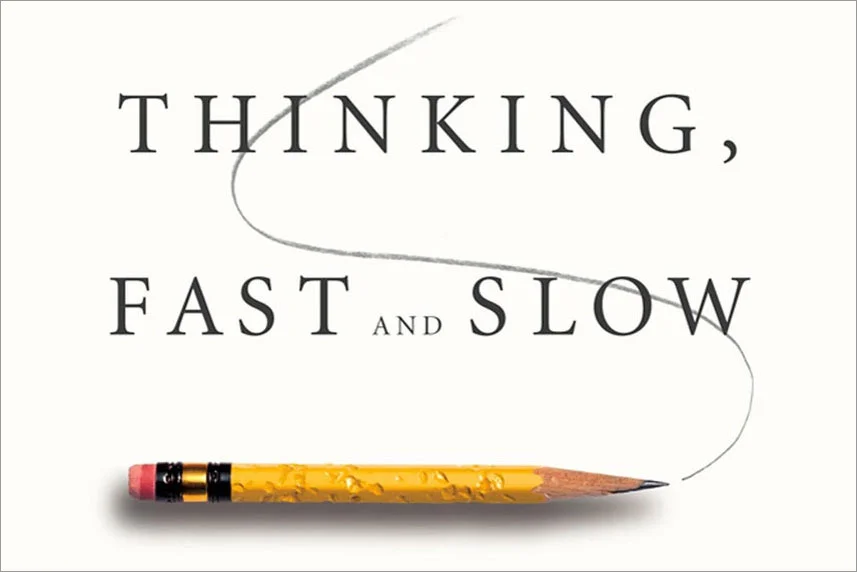“Behave” by Robert M. Sapolsky
Behave: The Biology of Humans at Our Best and Worst
By Robert M. Sapolsky
2017
800 pages / 26 hours and 27 minutes
Nonfiction
—
Are you ready to invest a great many hours of your life into a book you're not always going to entirely understand? Well, I did and am very happy that I did so. Behave: The Biology of Humans at Our Best and Worst is several hundred pages of challenging but rewarding reading. Robert Sapolsky is a professor of biology and neurology at Stanford University and has done a great deal of experimental work with primates. The book is trying to answer a very basic question: in any particular moment, why do human beings behave badly or with deep goodness? Now there is a question worth investing a few hours of your life.
Now for a disclaimer or two. The book assumes evolutionary biology and psychology, and if the mere mention of that pushes your buttons then you’d better skip this one. To give you some idea how the book works, here are the titles to the first few chapters: 1) The Behavior; 2) One Second Before; 3) Seconds to Minutes Before; 4) Hours to Days Before; 5) Days to Months Before; and then chapter 10) Centuries to Millennia Before. In other words, he tries to provide the most complete possible explanation for any particular behavior going back to the beginnings of civilization as we know it and sometimes before. For any individual he takes us back to the womb and sometimes a little further.
I learned so much from this book and couldn't begin to summarize it all. For instance, the author points out that asking the question of what a gene does is a totally meaningless question. It only becomes meaningful when you ask the question what a gene does in a particular context, because genes do different things in different contexts. Another insight is the impact that poverty has on behavior. Whatever you think it is, I can almost assure you that, by the time you get to the end of this book, you will be convinced that the impact is greater than you thought.
But I am guessing that there will be a number of readers of this review who will just want to know what the takeaway is. This book is so rich that reducing it to such would do it a disservice. But here we go anyway. At least the ministers who are reading this review have spent a lot of time in their theology classes, and probably in their study, pondering the question of free will. Does it exist? Is it absolute? Does every person really choose every good and bad behavior that they do through their lives in every situation? This question is usually taken up amidst the theological debate about God's sovereignty.
But in this thoroughly secular book you will find the most devastating undermining of the possibility of free will that I have ever read. The author suggests that we are only at the beginning of understanding human behavior. And that, as our knowledge increases, we will look at bad behavior as previous generations may have looked at epilepsy – as something the person could do nothing to manage. I think there is room for the barest notion of free will at the conclusion of this book. But I don't see how anyone could read it without understanding free will in a much more circumscribed way. Those of us who think of ourselves as good might want to think of ourselves as lucky instead.








